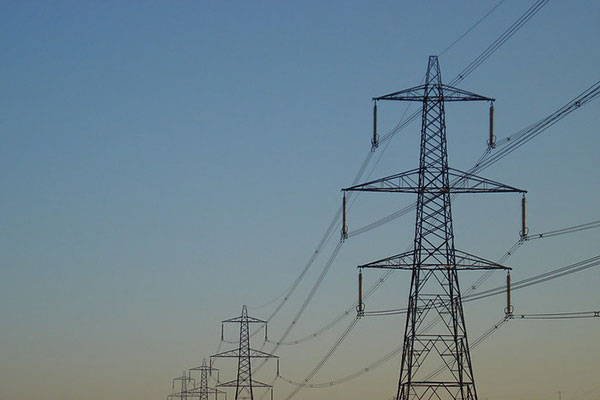La Crosse WI | November 10, 2014 — Gundersen Health System achieved its first days of energy independence, becoming the first health system in the nation to attain the distinction. Oct. 14, 2014 was the first day that Gundersen produced more energy than the health system consumed.
In 2008, Dr. Jeff Thompson, Gundersen CEO, set a goal for the organization to control rising energy costs and improve the health of the communities it serves. They focused on two main initiatives–reducing consumption by improving efficiency and creating cleaner energy.
“We did not set out to be the greenest health system,” says Dr. Thompson. “We set out to make the air better for our patients to breathe, control our rising energy costs and help our local economy. We believe we have made more progress on all three than anyone else in the country.”
Gundersen’s accomplishments include energy efficiency improvement of over 40% resulting in annual financial savings of nearly $2 million from conservation alone. Regional partnerships in energy creation include dairy digesters, wind turbines, and a landfill gas-to-energy initiative. Local projects also include geothermal energy and a biomass boiler. “We are keeping nearly 477,000 pounds of particulates out of the atmosphere each year,” adds Dr. Thompson.
“We set our sights on a goal that had never been achieved. And while we are a national leader, we still have work to do,” says Jeff Rich, executive director of Envision®, Gundersen’s energy subsidiary. “We have crossed the threshold to energy independence. It’s like breaking the sound barrier. We were the first to do it and it’s pretty astounding. Our next chapter will be to turn the days into months and years.”
Producing more clean energy than they use has been a challenge and a moving target. Hospitals typically use two and a half times more energy than commercial buildings. Wisconsin has one of the most energy-intensive climates in the nation. Also, since the goal was set, expansion has occurred within Gundersen, including construction of two new hospitals (a 25 percent increase in space). “We have shown that you can be financially disciplined, improve the local economy and positively impact the environment,” adds Dr. Thompson.












Comments